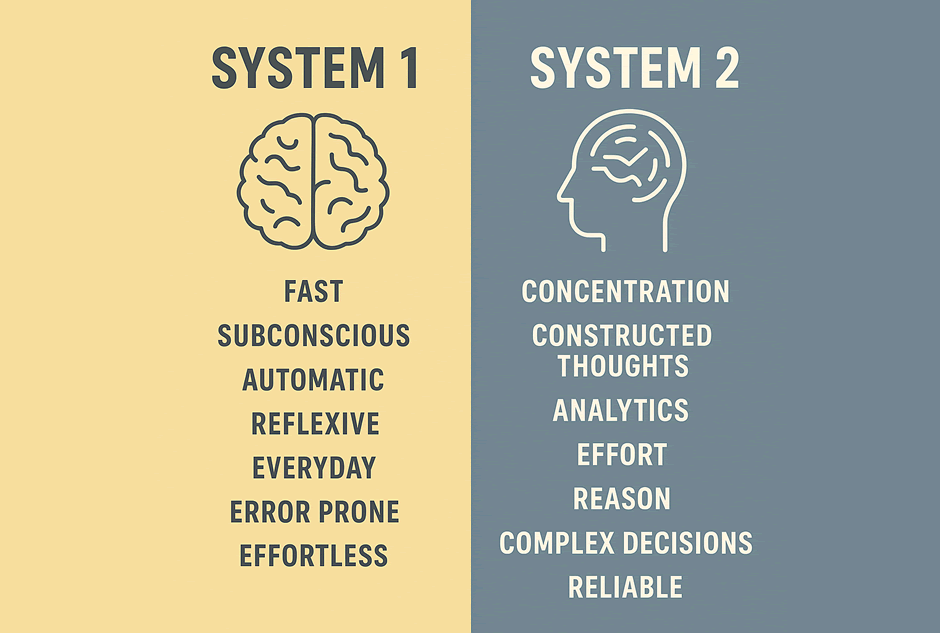The truth about unloved websites

The truth about unloved websites
Do you have or know someone with a website that was built over a year ago and has not been updated since? It may not be providing the best experience to customers, reducing in search engine visibility or most likely becoming at greater risk of being hacked.


WordPress is a web publishing software that gets loaded onto the hosting to power the website you see. It is thought that ~35% of websites in the world are using WordPress, whilst 44% of the websites checked in that issue used WordPress. I’ll touch upon 2 factors of an unloved website
Help, our website has been hacked
…if I had a pound for every time I heard that. Over the years I’ve seen this being the most disruptive for websites owners and ourselves dropping everything to deal with these emergencies.
With websites using software installed on hosting from a popular provider such as WordPress. Updates provide new features, performance improvements and perhaps most critical to website owners, security patches. A rule of thumb would be the longer you’ve not updated your website, the more vulnerable it is to being hacked. Over half of the WordPress websites where version could be determined were out of date.
There are things one can do to offset a website’s vulnerability of ageing software but you should not rely on those alone.
Oh my goody-goody gosh the website is slow
For a number of years websites were primarily viewed over broadband and with download speeds improving website owners needn’t have cared too much about how quick their website loaded. However even back in 2010 Google had announced that page speed would become a factor of their ranking algorithm.


Amazon once found that 100ms of latency cost them 1% of profit. Whilst a Google experiment found that an extra 0.5 in generating a search page caused traffic to drop by 20%. The effects on your or my website is unlikely to be so significant but what we can learn from the likes of Amazon and Google is that speed does matter.
I am sure we’ve all visited a website over the years that you see images slowly loading or the page and it’s something that I frequently find missed when people have their website built and only the aesthetics of the website are dealt with.
You’ll see the average scores out of 100 of all the websites tested. With scores ranging between 8 – 92 for mobile and 26 – 99 for desktop. I wont lie in saying there aren’t nuances in these figures but generally speaking you’ll know if your website is slow and there are things, often quite simple that can be done to improve it.





